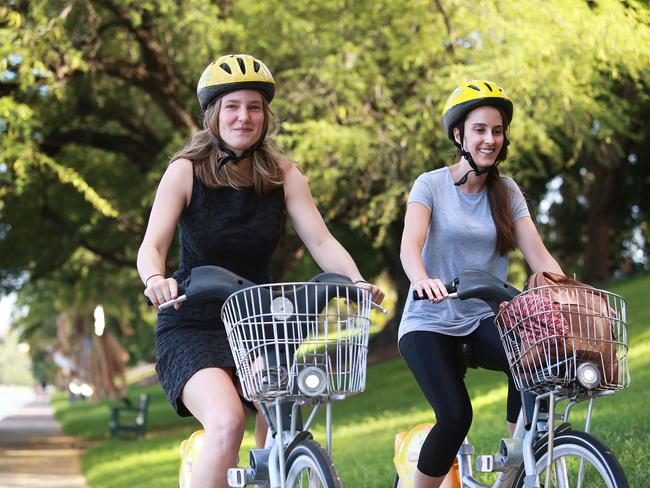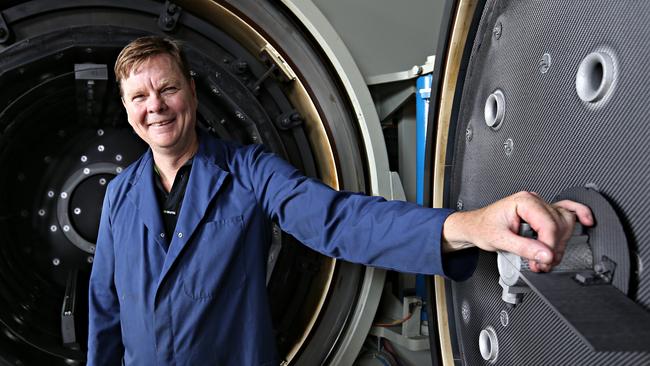University of Queensland expert says women would design better cities
FUTURE Australian cities would be safer, healthier and more friendly if designed by women, a UQ urban planning expert says. Dr Dorina Pojani is calling for more female urban planners in her new report “Sexism and the city”.
Future Brisbane
Don't miss out on the headlines from Future Brisbane. Followed categories will be added to My News.
FUTURE cities would be safer, healthier and more friendly if designed by women, says an urban planning expert.
Dr Dorina Pojani, a senior lecturer at the University of Queensland, says urban centres right around the globe have been shaped by a gender imbalance in the sector.

And the results can be seen everywhere – from sprawling highways to skyscrapers.
“Virtually everything in our cities – streets, squares, parks, buildings – has been designed and shaped by men,” she says.
In new research, titled “Sexism and the city”, Dr Pojani says the norms of design are unwittingly passed on from generation to generation – and it’s time for change.
“Nearly all of the references for urban best practices, as taught in Australian universities, are written by men. Women planners are often relegated to helpmate roles.”
“I would like future urban planning research and practice to be female-led. I would like women to rewrite the rule book.
“The women-led city might become less car-obsessed and more cycling-friendly. It might have fewer dark alleys and more sunlit parks.
“Its skyline might display fewer towering office buildings and more co-operative community spaces.”
Born in Albania, Dr Pojani lived and worked in several European countries and the US before coming to Australia in 2015 to join UQ’s School of Earth and Environmental Sciences.
She said men were more likely to hold licences and to drive than women in many countries.
“The fact that cities are so car-dependent is a direct consequence,” she said.

The dominance of road infrastructure in urban landscapes, in turn, impacted on the location of kindergartens, schools and other facilities such as parks.
“Even with greater equality, women still shoulder most of the burden of childcare. But these things are not always easily accessible close to where they live.”
More female urban planning “should produce a healthier city that encourages active travel … that is more cycling-friendly and pedestrian-friendly,” Dr Pojani predicts.
“Women tend to be more health-conscious, more interested in nutrition and diet,” she said.
Poor lighting of city streets was a major issue.
“Men are more likely to suffer from crime in general, but women’s perception of crime is stronger. They feel less safe.’’
Dr Pojani will talk about her research at a seminar at UQ’s St Lucia campus on Thursday as part of International Women’s Day.


